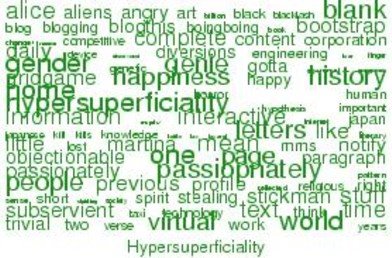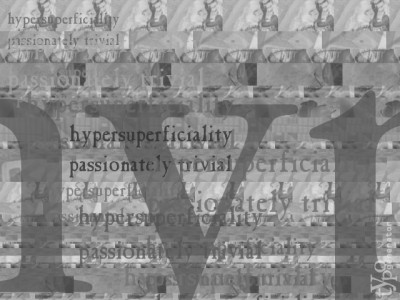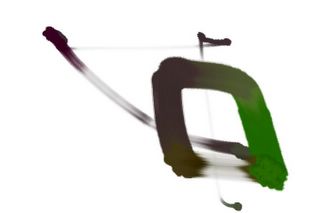I am convinced that this federal Europe my wishes are calling for will see the light of day, not because of a desire for increasingly tight-knit federalism, but because the world will oblige us to create it. In 2050 Europe will represent no more than 4% of the global population. If we are not united we will not exist in the emerging world: Europe's domination of the world died in 1945.While Quatremer talked of necessities, the interview still managed to exude a passion for the European idea. So I agreed with everything he said - as far as my shaky French and my ignorance of the intricacy that is political Europe would allow me.
But alas, Quatremer is quite aware that as yet a sense of European identity eludes most European people. "It is when we have to defend our values that a European identity will take shape, that being European will have a meaning".
At this point I went in search possible sources for shared European values. My first stop was history. How about the Roman empire?
Quite good, but too little east, too much south. Then there was religion as seen on this map of the crusades.
Yes, I know, this union reached only a tiny bit of northern Europe and held no real political power. But at least it was a union, it had to be negotiated - albeit with the help of the odd skirmish.
And although neither the Roman empire nor the catholic church could be considered European in spirit they left a language and a set of values. So Europeans could talk, and talk they did. Borders did not stop them, weeks/months of travelling or waiting for an answer to their letters did not stop them, wars did not stop them. And when the discourse started to include women they switched from Latin to French, but they kept on talking. Politics did not stop them either, because initially, there was nothing much they could do about politics.
Two world wars and four decades of cold war with the iron curtain firmly drawn finally shut them up; prevented us from continuing the discourse. Now we have a political union (of sorts), but the discourse is fragmented to smithereens and instead of a lingua franca we have 23 official languages multiplied by untold issues.
So it is hardly surprising that Quatremer, after his brief excursion into the realm of hopes and aspirations for Europe, returns to his blog, Coulisses des Bruxelles, the next day to tackle the nitty gritty reality: Europes chief diplomat does not answer her phone. The piece starts and ends with quotes from a European diplomat.
"Catherine Ashton is about to kill the job", says a despairing European diplomat.
...
"In short, "she has got neither the team, the profoundness, nor the intention of making this post what it ought to be", concludes a European diplomat.
(all translations my own - I hardly trust them myself)
Among the many shortcomings of first High Representative of the Union for Foreign Affairs and Security Policy listed in Quatremer's post, one is that she speaks nothing but English. And why should she? Has not English become the new lingua franca?
But that was the beauty of middle Latin - it was a second language for everyone who used it. When you switch from one language to another, your perspective changes, suddenly you can say things you could not even have thought before. Use a second language and you have another mindset at your disposal. Could this be the reason that Julien Frisch feels more comfortable blogging about Europe in English? If we want to rekindle the European discourse that was so brutally interrupted by the 20th century's hot and cold wars we need to get reacquainted first in all our diversity. Embracing le plurilinguisme could be a much better idea than making do with a mere working language.








